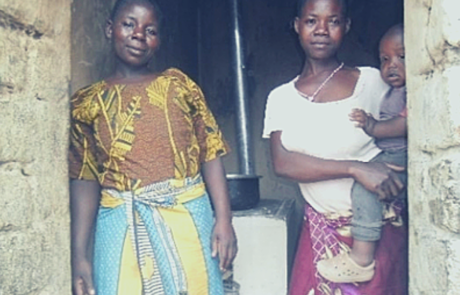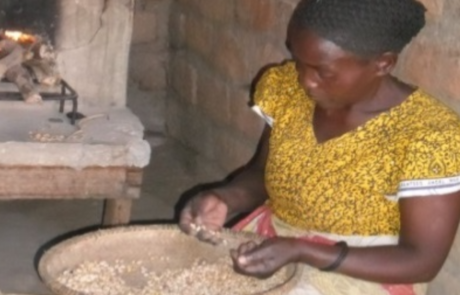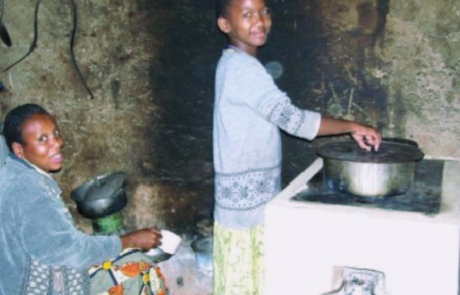THE PROBLEM
APPROXIMATELY 2.4 BILLION PEOPLE WORLDWIDE LACK ACCESS TO CLEAN COOKING SOLUTIONS
THE PROBLEM
APPROXIMATELY 2.4 BILLION PEOPLE WORLDWIDE LACK ACCESS TO CLEAN COOKING SOLUTIONS
THE NEED
Approximately 2.4 billion people worldwide lack access to clean cooking solutions. Traditional methods of cooking use three stone fires which are inefficient at transferring energy to cooking pots and require significant amounts of fuel. These inefficient fires also produce significant amounts of toxic pollutants which have been shown to have detrimental effects on human health. The World Health Organization estimates that 3.2 million people die per year from disease linked to indoor air pollution.
A significant need exists for preventative interventions to address the harmful health effects from indoor air pollution in developing countries.
Women & Children
Women and children are disproportionally impacted by indoor air pollution because they spend more time in poorly ventilated cooking spaces. Indoor air pollution leads to diseases such as stroke, ischaemic heart disease, chronic obstructive pulmonary disease (COPD) and lung cancer. Pneumonia is the number one cause of death to children worldwide and close to 50% of the deaths associated with lower respiratory infections in children under 5 are caused by household air pollution.
Gender Inequality
Women and children not only spend more time exposed to the harmful fumes during cooking, they also spend more time collecting firewood. In Tanzania, women spend up to 5.7 hours per week collecting firewood and young girls are collecting more wood than young boys exacerbating the deep gender inequality interconnected with this health dilemma.
Health Risks
The Rukwa region is situated in one of three regions of Tanzania with the highest household smoke exposure risk. In rural areas like the Rukwa Region, 84% of the population are cooking indoors with smoke-producing fuels. These cooking habits are directly linked to negative health impacts in Tanzania, with 33,024 premature deaths per year attributable to indoor air pollution.
Global Impact
The pollution due to cooking over open fires also has a significant world climate impact due to the sheer amount of people cooking with these types of fires. In fact, the pollutants from these inefficient cooking techniques represent 20-45% of Africa’s greenhouse gas emissions and 25% of black carbon emissions.
The Marian Stove team takes all these challenges to heart and plans to make a lasting and sustainable impact on clean air.
Through education and clean cooking technologies, the team intends to help reverse these negative impacts on health, gender inequality, and the environment.



